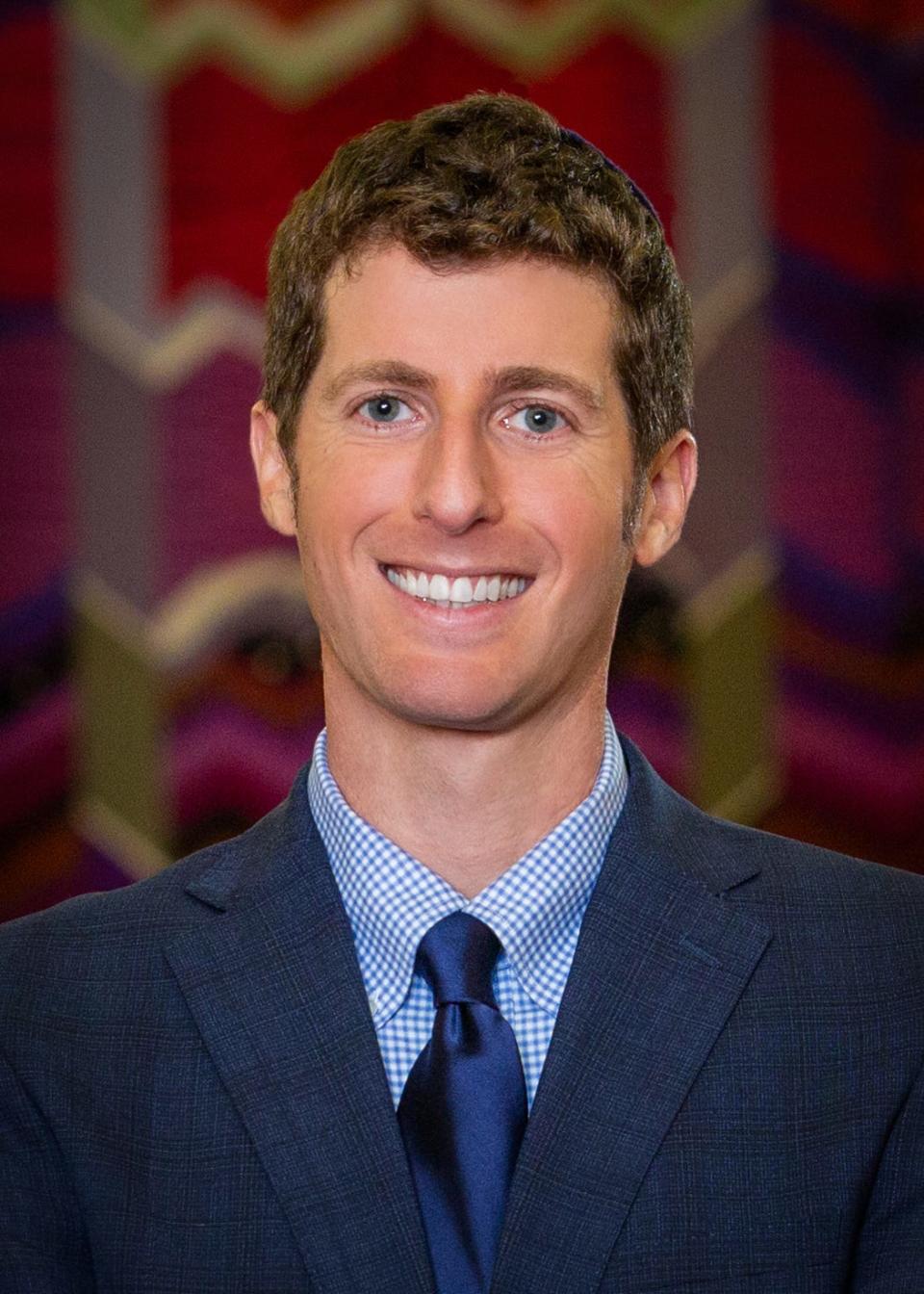How the new Jewish Federation director will work with transplants, established groups | Q&A
At a moment of growth and change for Nashville’s Jewish community, particularly among its young adult population, one of Nashville’s main Jewish community groups is bringing in new energy.
Rabbi Dan Horwitz will start as the new executive director of the Jewish Federation of Greater Nashville in August, filling a vacancy following the departure of former executive director Eric Stillman last fall.
Though his role will include working with various constituencies within Nashville’s Jewish community, Horwitz was a clear choice for a federation search committee because of his background working with Jewish young adults.
Author of the forthcoming book, “Just Jewish: How to Engage Millennials and Build a Vibrant Jewish Future,” Horwitz founded an organization in his longtime home of Detroit called The Well to engage Jewish young adults and provide opportunities for fellowship.

“I am excited to be the cheerleader in chief for Jewish Nashville and to help them find their way and a place to connect however I possibly can,” Horwitz said in an interview. “Whether that’s through Federation and philanthropy, whether that’s through Israel advocacy, whether that’s through synagogues, whether that’s through the JCC (Jewish Community Center).”
Horwitz spoke with The Tennessean about his time in Detroit responding to changing demographics and how that experience will inform his work in Nashville.
This interview has been edited for length and clarity.
Why did you start The Well in Detroit?
Horwitz: The Well was born in this moment of "how are we connecting with and making sure that metro Detroit has a vibrant place to be a young adult and Jewish?" We know that an overwhelming number of young adults at that life stage are not actively affiliating with synagogues or other Jewish legacy institutions. The time after college and before having a child that is Hebrew school age, in the past, might have been five years. It’s now like a 20-year window for many and the Jewish community’s institutions were not built to accommodate that potential gap. There needed to be efforts to go and disrupt the system a little to figure out what’s going to work and how we are going to keep these folks connected.
Why is it important to address that disconnectedness and how did The Well do that?
Horwitz: The longer you’re disconnected from the Jewish community, the less likely you will seek out and affiliate with the Jewish community. We had an independent commission evaluation five years in that showed that people who were engaged with The Well were more likely to seek out synagogues and other institutions.
So, helping people find their people to do Jewish and life with became the meta curriculum of The Well. We did that through cultivating small groups, larger scale events and trips with the ultimate goal of "you have people to do Jewish and life with." It’s important to say "and life" because my dream is not only that you’re going to do Jewish stuff. No one is going to get off their couch if they have no one to go do something Jewish with. They need someone who is reaching out to join them.
What are the larger lessons you learned through that work about community building?
Horwitz: Weaving people into community is what I do best. Often that means figuring out or bringing attention to figuring out "who are the people I just met I'm going to click with?" and then making sure I facilitate an introduction. As someone who just thrives on being with and getting to know people, wherever people may be on their journeys, I'm really excited about making sure they’re feeling connected to community in the ways they’re hoping to.
How will your work in Nashville be the same and differ from that of your time in Detroit?
Horwitz: One of the reasons the Jewish Federation hired me is that I have some keen insights into how we’re going to cater to those who have held up the community and where we might make strategic shifts to help ensure the work we’re doing is accessible and attractive to subsequent generations of philanthropists as well. Ultimately, my job is to ensure there’s a strong ecosystem in the Nashville Jewish community such as there are opportunities to connect in ways that are meaningful to as many folks as possible.
Liam Adams covers religion for The Tennessean. Reach him at ladams@tennessean.com or on Twitter @liamsadams.
This article originally appeared on Nashville Tennessean: Q&A: New Federation director on working with dynamic Jewish community
